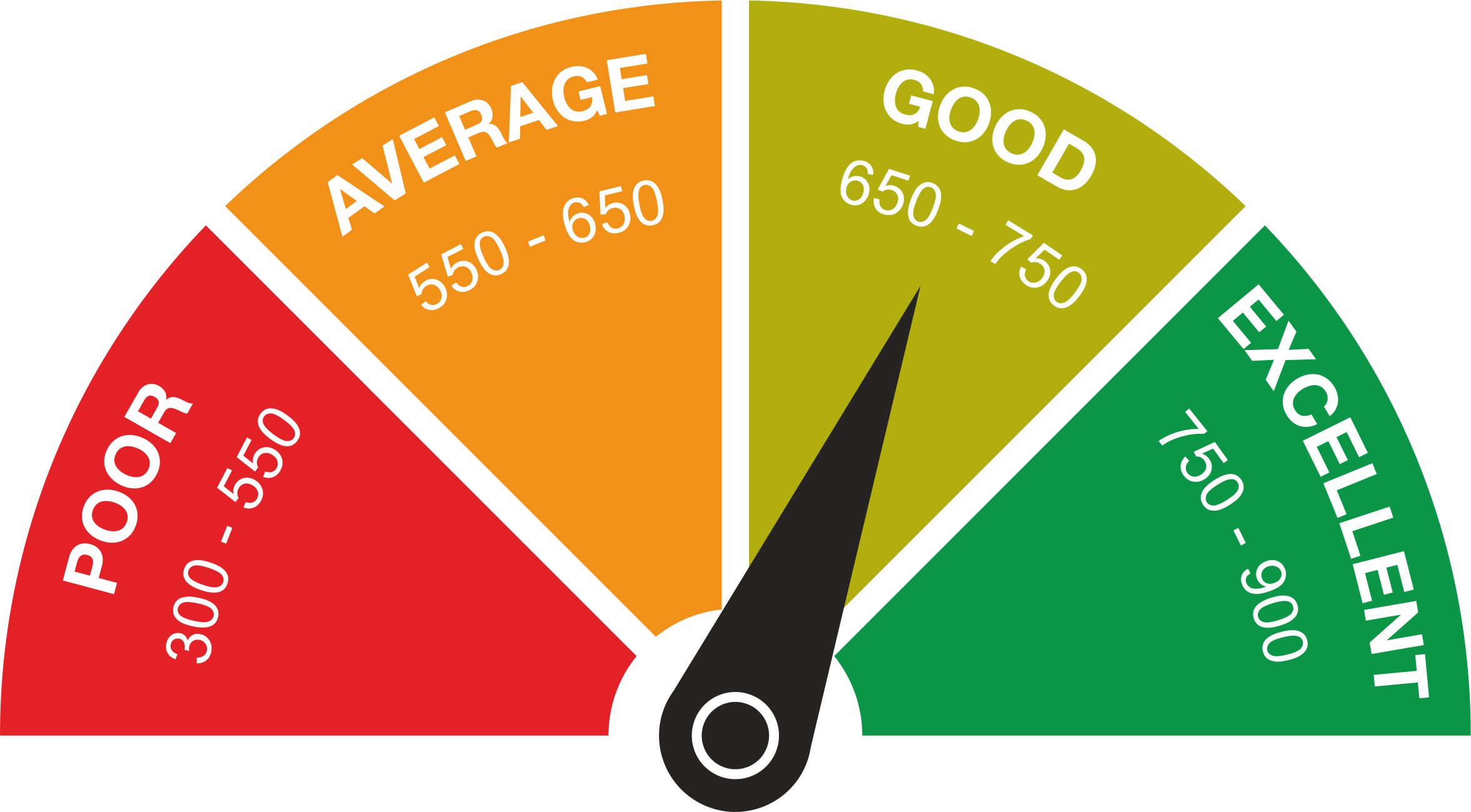A high credit score has many benefits, including easy loan approvals and low-interest rates. It also gives you an edge when applying for Loans. You can’t expect to get a high credit score overnight. You must develop credit management skills and adopt certain habits to reach the top bracket of CIBIL scores (which range from 750 to 900).
These are eight habits that are crucial for a high CIBIL Score:
1) Punctuality
You must be punctual with your loan EMIs and credit card bills. This is one of the most important habits you can develop to improve credit scores. You can improve your credit score by being punctual with your payments. A lender will also be impressed by your CIBIL score if they see that your prices are on time and you are responsible for your debt. A history of timely payments is what makes a lender feel more secure.
2) Minimum Credit Utilization
High credit utilization is something most people don’t understand. They aren’t wrong to believe so. The reason is that you should be able to spend as much as you like with your credit card as long as there are no limits. Suppose your credit card limit is Rs. 1 Lakh You should be able to spend Rs. 1,00,000. There are no penalties. There are penalties for using a lot of credit. Your credit score will be affected if you use more credit than 30%. It is crucial that you only use your credit cards when necessary.
3) Credit Monitoring
A good habit is checking your credit reports for high credit scores regularly. It allows you to spot potential problems and prevent them from becoming severe. You can also improve your credit score by correcting any errors or discrepancies in the report. It is easy to get a copy of your credit report; you only need to fill out a form via CIBIL’s website and pay a small fee. Then upload the documents. After submitting the form, you will receive a copy in 3 days.
4) Credit Diversity
Savvy credit users understand the importance of credit variety in calculating credit scores. Most people with a high credit score are also likely to use different types of credit. If your credit history is limited to credit cards, your score will only go up. Your score will be capped if you have a one-dimensional credit history. You can only go up if you add other credit forms to your picture. Credit cards are often unsecured. To diversify your credit score, you can take out a mortgage or another secured loan.
5) Full Payment of Bills
Many banks/NBFCs and lending institutions offer “minimum payments” to credit card holders. If you cannot pay your monthly credit card bill in full, you can make a minimum payment (which is a fraction of the total) and avoid any penalties. Many rely heavily upon “minimum payments,” which can affect credit scores. You don’t have to pay the fine if you make a minimum payment for a bill. However, interest will still be charged on any balance. Inconsistently sticking to minimum payments can lead to high claims and a low credit score. Lenders don’t trust applicants who aren’t able to pay their bills on time.
6) Keep important credit accounts open
Your credit score is primarily affected by the length of your credit history. Your credit score will be higher if you have a more extended credit history. You should not close an account of a credit card you have maintained well, such as the one you paid on time. It will surprise you to see how significant these accounts can affect your credit score. Your credit score can be at risk by closing just one credible account.
7) Don’t be a loan guarantor by saying ‘No.’
It can impact your credit score even if you are not a loan guarantor. Because if the borrower defaults on the loan, not only does their CIBIL score drop but so does yours, though it is not as low. If you want a good credit score, you should make it a habit to say no to loan guarantors. You can accept a request to be a loan guarantor if the person is someone you trust (for example, a family member).
8) Minimizing Hard Enquiries
Requesting a copy of your credit report to CIBIL is a “soft inquiry” and doesn’t affect credit scores. If a bank or NBFC asks for a copy of your credit report to CIBIL, it is called a “Hard enquiry” and can affect your credit score. Your credit score will suffer more “hard inquiries” than others.
People who apply for loans at multiple lending institutions or banks simultaneously are most likely to have hard inquiries that damage their credit score. All institutions will inquire about a loan application, lowering the applicant’s credit score, and this can be avoided by being careful when applying for loans.
It takes both effort and time to build a high credit score. If you can develop any of these habits, you will see the results.

